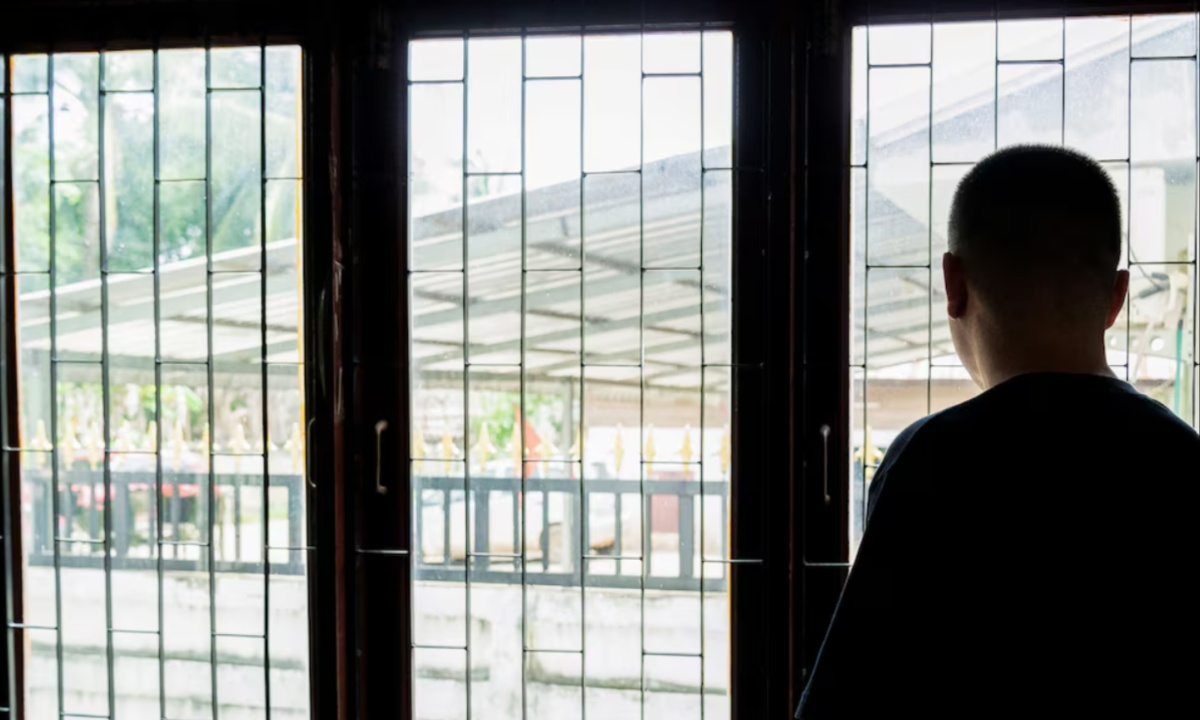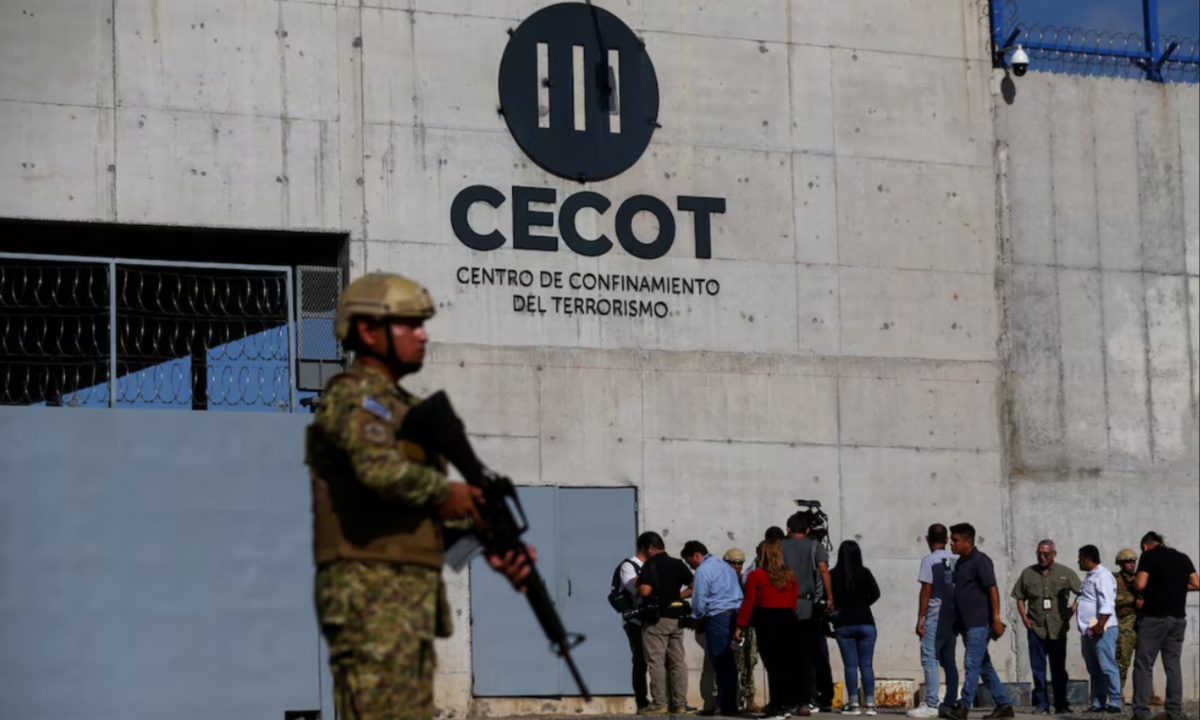The Trump administration pursued aggressive immigration policies aimed at deporting immigrants, including convicted criminals, to third countries when their home countries were allegedly unwilling to accept them. Nations such as South Sudan and Eswatini, rarely used before for deportations, became destinations. Officials claimed these individuals were so dangerous that even their native countries refused to take them back.
Despite these claims, Reuters found that in several cases, including five men initially threatened with deportation to Libya, individuals were ultimately sent to their home countries within weeks. These men hailed from Vietnam, Laos, and Mexico. This raised questions about whether the U.S. genuinely tried to repatriate them to their countries of origin before resorting to third-country options.
The Department of Homeland Security (DHS) declined to comment on these specific removals and did not disclose whether initial repatriation efforts failed. DHS maintained that home countries refused to take these individuals back but offered no supporting evidence. A court had even ruled that one Myanmar national, with valid documents for return, was still sent to South Sudan.
Third-Country Deportations Used as Deterrent, Despite Legal Challenges and International Detention Deals
DHS spokespersons used incendiary language, referencing infamous prisons like Guantanamo Bay and El Salvador’s CECOT, implying that third-country deportation was a deterrent for illegal immigration. The approach appeared designed not only for enforcement but also as a symbolic warning to others considering undocumented migration to the U.S.

Those deported to South Sudan and Eswatini included individuals from various countries such as Cuba, Yemen, Vietnam, and Jamaica. Some had been convicted of serious crimes like murder or sexual assault. Eswatini confirmed it continued to hold five such men in isolated prison units under a deal with the U.S. Meanwhile, the legality of such deportations remains under litigation.
Legal Challenges Mount as Deportations Expand, Sparking Global Concern and Humanitarian Outcry
Foreign governments, including Mexico and Vietnam, either denied or rejected their nationals or declined to comment. The Supreme Court allowed third-country deportations to proceed without requiring proof of risk to the deportees, but federal courts are still hearing challenges. Critics argue that these deportations are cruel, random, and meant to pressure migrants to leave voluntarily.
While the spotlight was on African countries, the Trump administration also deported asylum seekers to places like Panama and Costa Rica. In one case, over 200 Venezuelans were deported to El Salvador and imprisoned without legal access until a prisoner swap occurred. More than 5,700 non-Mexican migrants were sent to Mexico, often without evidence that repatriation efforts had failed.
The human cost of these policies is highlighted in stories like that of a Lao refugee who narrowly avoided being sent to Libya. Despite growing up in the U.S., he now finds himself rebuilding a life in a country he hardly knows. His plea, “Why is the U.S. using us as a pawn?” captures the profound sense of displacement and disillusionment felt by many affected by these third-country deportations.












Leave a Reply